I have been investing in real estate since 1998 and I still get excited about this business. That is both good and bad especially when you are just starting out. It can be so tempting to jump into the arena in a big way; to let your enthusiasm get the best of you so much that it lands you in hot water.
It’s good to have that enthusiasm because that’s what fuels you when you are tired from working that 9 to 5 job, but you still need to do some marketing for your real estate business that evening. Hanging onto that enthusiasm will allow you to keep going when you feel like throwing in the towel.
It can also give you a false sense of security and lead you down a dangerous path if you jump in too quickly. For instance, it might be really tempting after listening to one of the real estate gurus to think as a beginner you can wholesale houses in multiple states. They make it sound so easy; buyers will be waiting in line for your deals. All you need to do is lay down this big chunk of cash for their course and magic will happen. Heck, it doesn’t matter that you haven’t done a single wholesale deal, and you don’t have a buyer’s list.
Don’t be fooled by those folks that make it sound so easy! Success almost always follows a lot of hard work.
The Basics
Once you have some basic education and you feel it’s time to buy your first property, don’t go out on the limb without first doing your homework.
- Have you done your due diligence? Do you know what repairs are needed and how much they will cost?
- Do you have some realistic comps (comparable sales) for the property? It is essential that you know what homes are selling for in the area before you make your offer.
- Once you have found your property and done your due diligence, find an experienced real estate investor and run that “good deal” by them. Do they think it’s a good deal? Maybe you need to adjust your offer before presenting it to the seller.
4 tips for building your team
Even when you are just starting out, you will need to build a team. Here are 4 tips to get you started:
1. If you don’t have access to the MLS (the Multiple Listing Service) you will need a Realtor to pull those comps for you. Ask for references from fellow investors. You will find that a lot of real estate investors are also licensed Realtors.
2. I also recommend that you look at the property values in the neighborhood. In my area, you can have a subscription to the PVA (Property Valuation Administration) for $25.00 a month. Even though these values will most likely not be as accurate as comps, knowing what the homes in the neighborhood are valued at is something that I want to know. You will also be able to look at a picture of the house on the site, and get some basic information on the property. I often pull up the house on the PVA when I am talking to a seller.
3. Find a good closing company you can build a long term relationship with. These folks will be invaluable to you as time goes by.
4. Start the process of building your buyers list. The first place I would look is at your local REIA club. You will find out pretty quickly who the real “buyers” are. You can also put out a sheet to let folks know that you are looking to add buyers to your list. You will get much more comfortable making offers if you have at least started building your buyers list. Knowing the areas where folks like to buy is valuable information.
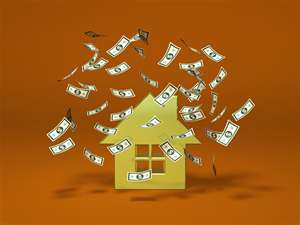
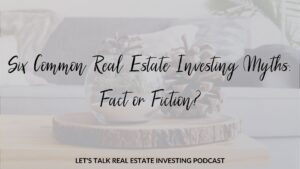
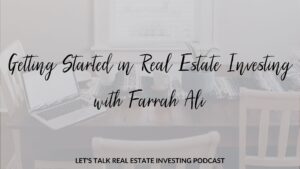

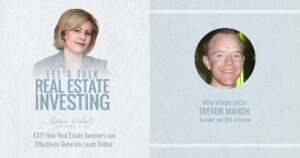
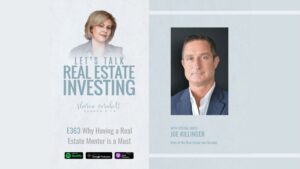


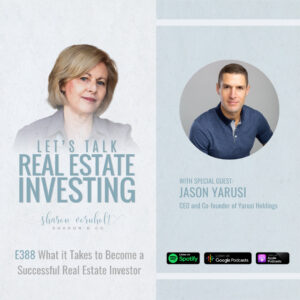

A lot of folks choose to get a license. There are definitely pros and cons for each choice. In the end, I think it all depends on the person Elden. Thanks for stopping by.
S
A lot of folks choose this path Elden. There are definitely pros for having a license. Thanks for stopping by.
Sharon
Thanks for pointing out that lots of investors are licensed in real estate. I think being licensed helps to provide them with the confidence and skills to succeed in their investments. I also think it helps to qualify them to help others learn that type of investing.